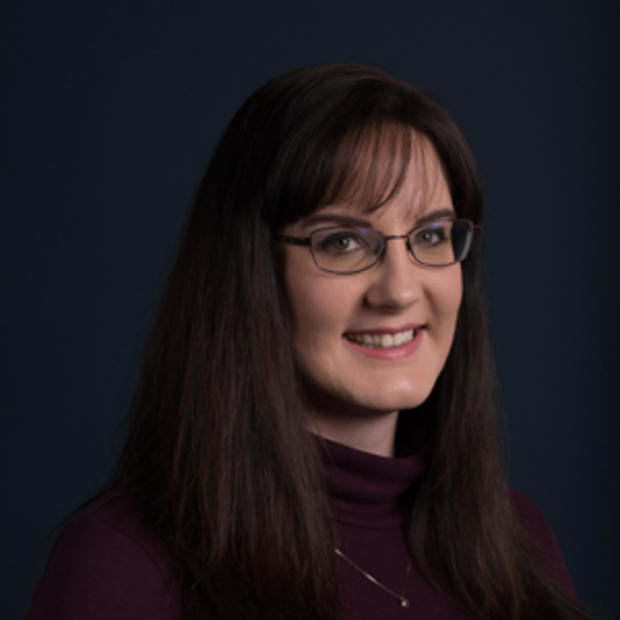
One year later, the Mercer Island resident has amended her declaration. Now, she's "really" pissed off.
"All of the horrible things that are happening that are being done in our [country's] name" drove her to march again. And Donaldson listed off just a few examples in the deep blue ink she used to update her sign: "C.H.I.P... Dreamers... Climate Change... Voting rights... The environment... Tax cuts for the wealthy."
"I'm angry every morning when I look at the news and that is not good for my health, or anybody else's," Donaldson said. "I think one of the worst things is our reputation in the rest of the world. That is embarrassing."

Tens of thousands of other women were motivated by similar stories of anger, frustration and defiance as they, like Donaldson, trekked through downtown Seattle on Saturday for what was dubbed "Seattle Women's March 2.0."
The event — now officially an annual protest having been initially sparked by the 2017 inauguration of President Donald Trump — was one of dozens of marches to take place across the country to mark the anniversary of Trump's first year in office.
Many of the protesters' signs singled out Trump directly, some particularly demanding his removal from office. There was no shortage of names women found to call him, either.
On a poster held up by a rainbow-colored stick, Audrey Cherry had written "TRUMP" vertically in red marker. Next to each letter in his name: "Traitor. Racist. Useless. Molester. Pedophile."
Near the bottom, she added a brown markered doodle of poo and the word "hole" — referencing the president's recent vulgar comment he reportedly used to describe Haiti and countries in Africa.
"I feel like every single day you wake up, he continues to disappoint with a whole next step," said Cherry of Renton. "It's like every single person that you can piss off, he pissed off."
"What's happening to this country is really disgusting. He's really destroying lives," added Cherry's sister Jessica of Puyallup, who also marched.
Marissa DeLeon is on a lunch break from work and wants draw awareness for the transgender community during the Seattle Women’s March 2.0 in Seattle, Jan. 20, 2018. “Women wearing their pussy hats are leaving the trans community out when they’re supposedly trying to be inclusive of everyone,” she says, standing along route while women with clam-shaped hats walk past.
But amid the estrogen-fueled throngs of pink that gathered at Seattle's Cal Anderson Park, the sisters found a silver lining: "It’s good to see you’re not the only one disgusted. Everyone has a stomachache," Jessica Cherry said.
It wasn't just anti-Trump sentiment that motivated the marchers. Many came to raise awareness of other social causes — the #MeToo movement and Hollywood's Time's Up initiative, Black Lives Matter, health care, abortion rights.
But one, in particular, took center stage: The plight of missing and murdered indigenous women.
Dressed in bold red tones, a crowd of Native women led the march to bring awareness to a subject they say is widely overlooked. The scent of burning sage and the sounds of chants and beating drums guided the crowd down the 2-mile stretch from Pine Street on Capitol Hill through downtown and up to Seattle Center.
Feanette Black Bear of the Lakota Nation was at the front of the line.
She walked while holding up several brown feathers and carrying a drum imprinted with a paw print. She said she came to Seattle to be "here in solidarity with all of the indigenous missing and murdered women here on Turtle Island."
"It's been going on for over 500 years now, and we need to put a stop to it — somewhere, somehow," Black Bear said. "Let the public be aware."

The march itself was delayed at the beginning, and then again near Pacific Place, to ensure the indigenous women remained the leaders of the march, while throngs of people attempted to join in the event via side streets.
Seattle Police would not provide a crowd estimate of the event, beyond noting that tens of thousands were present. Last year's Seattle Women's March was said to have drawn about 120,000 or more.

The tenor of the march was largely positive and boisterous, with waves of cheers ushering the crowd through the city.
However, tensions were high at Cal Anderson Park prior to the march when a man was arrested for assaulting a police officer about an hour before the event, after a couple dozen members of the conservative pro-Trump group Patriot Prayer journeyed into the gathering to antagonize marchers.
The group had organized a counter-protest to coincide with the Seattle Women's March.
A group of Patriot Prayer supporters, mostly men, initially stood off to the side and used a bullhorn to shout: "George Soros' buses are here! You are all safe!" and "Government shutdown gives me a boner!"

Some marchers attempted to drown them out, shouting "No Trump! No KKK! No fascist USA!" only to be heckled further.
"Look at the people trying to attack us. Look at the people trying to chase us out of the park," said Tusitala "Tiny" Toese, of Vancouver, Washington, one of the Patriot Prayer's spokespeople.
A few minutes later, Toese got into a shouting match with Lisa Martinez, an 18-year-old from Madrid, Spain who is living in Auburn while she attends college. Over a bullhorn, Toese called Martinez "a fascist." She shouted, "Fuck you" and gave him the middle finger.
"I'm going to speak up because that's why I'm here," Martinez said afterward. "I'm here to say what I believe in, and I'm here to protest and tell them that I don't support that crap. That I'm against them and I'm not going to put up with it because I want my kids to grow up in a place where they can be free, and they can be women and they can feel like they're strong and independent and supported by the government."
Matt Mills McKnight contributed to this story.
















